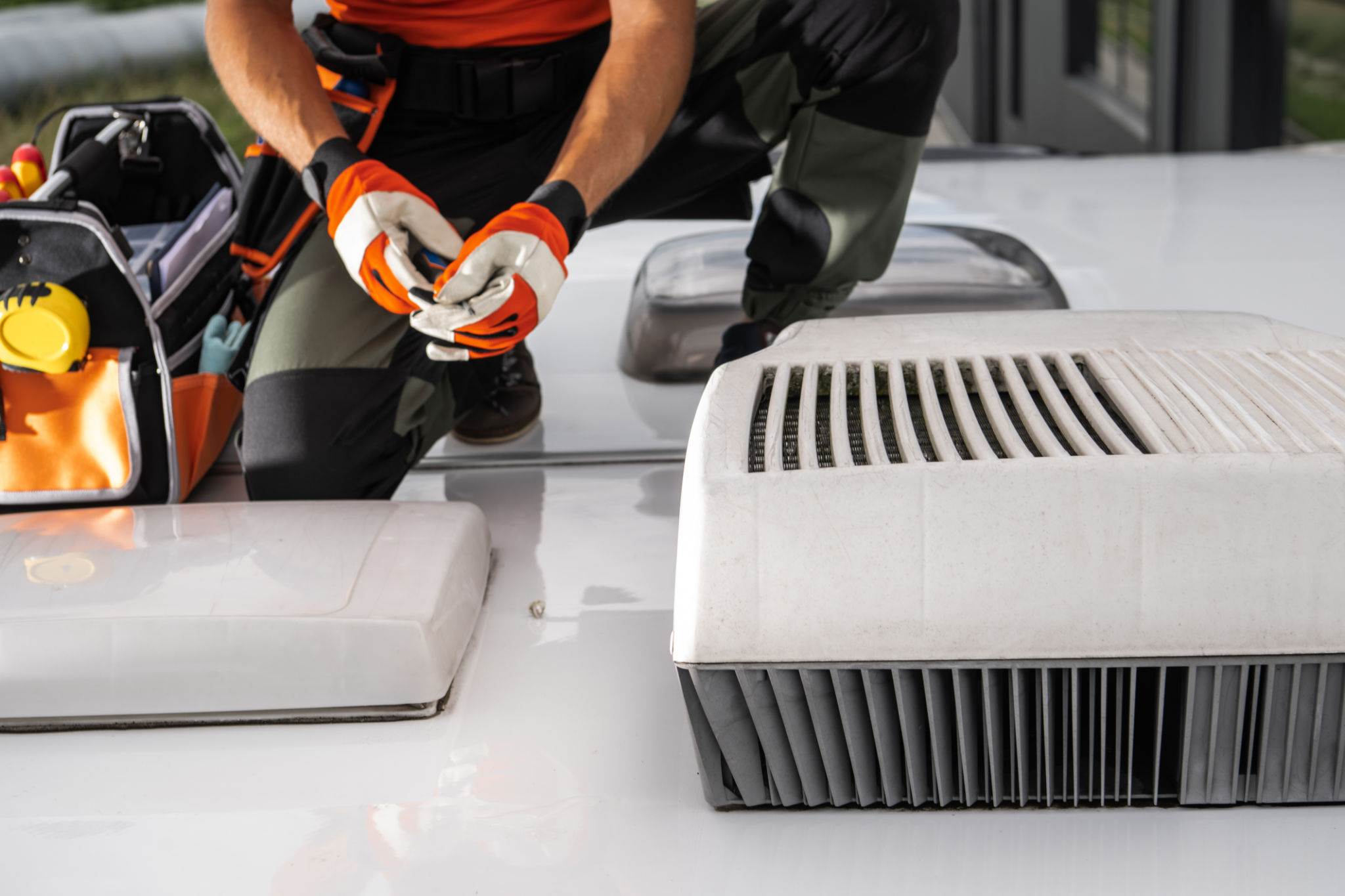Understanding the RV Inspection Process: What to Expect
MJ
Understanding the RV Inspection Process: What to Expect
Owning an RV is an exciting venture, offering the freedom to explore the open road and the comforts of home. However, ensuring that your RV is in top condition is crucial for a safe and enjoyable journey. Understanding the RV inspection process is key to maintaining your vehicle’s longevity and performance.
The RV inspection process involves a thorough examination of your vehicle's critical components. This process can be quite comprehensive, covering everything from the engine and transmission to the electrical systems and appliances. A detailed inspection helps identify potential issues before they become costly problems.

Pre-Inspection Preparation
Before scheduling an RV inspection, it's essential to prepare your vehicle. This preparation includes removing personal items, cleaning the interior and exterior, and ensuring that all systems are accessible for the inspector. A clean and organized RV allows the inspector to thoroughly assess each component without obstructions.
It's also beneficial to gather any maintenance records and manuals you may have. These documents can provide the inspector with additional context regarding past repairs or replacements, contributing to a more accurate assessment.
Key Areas of Focus During Inspection
An RV inspection typically begins with an examination of the exterior. Inspectors will look for signs of damage, such as cracks, rust, or leaks. They will also check the condition of the tires, lights, and mirrors. The roof and seals are particularly important, as they protect the RV from water damage.

Moving inside, inspectors will check the functionality of all appliances, plumbing, and electrical systems. They will ensure that the water heater, air conditioning, and furnace operate correctly. Additionally, the inspector will assess the structural integrity of the walls, floors, and ceilings.
Engine and Mechanical Systems
The mechanical inspection involves evaluating the engine, transmission, brakes, and other critical systems. Inspectors will check fluid levels, inspect belts and hoses, and listen for any unusual noises. Ensuring these components are in good working order is vital for the safety and reliability of your RV.

For motorhomes, the chassis and drivetrain are also inspected. This includes a check of the suspension, steering components, and exhaust system. A well-maintained engine and mechanical system can prevent breakdowns and extend the life of your RV.
Post-Inspection Report
Upon completing the inspection, you will receive a detailed report outlining the inspector's findings. This report will highlight any areas of concern, providing recommendations for repairs or maintenance. Understanding this report is crucial, as it guides you in making informed decisions about necessary repairs or upgrades.
While the inspection might reveal issues that require attention, it's important to remember that addressing these early can save you time and money in the long run. Regular inspections are a valuable investment in your RV's future.
Final Thoughts
Understanding the RV inspection process is essential for every RV owner. By knowing what to expect and how to prepare, you can ensure a comprehensive evaluation of your vehicle. Regular inspections not only enhance your RV's safety and performance but also give you peace of mind as you embark on your next adventure.
Whether you're a seasoned RV enthusiast or a newcomer to the world of road travel, keeping your vehicle in top condition is a priority. Embrace the inspection process as a proactive step in safeguarding your investment and enhancing your travel experiences.
